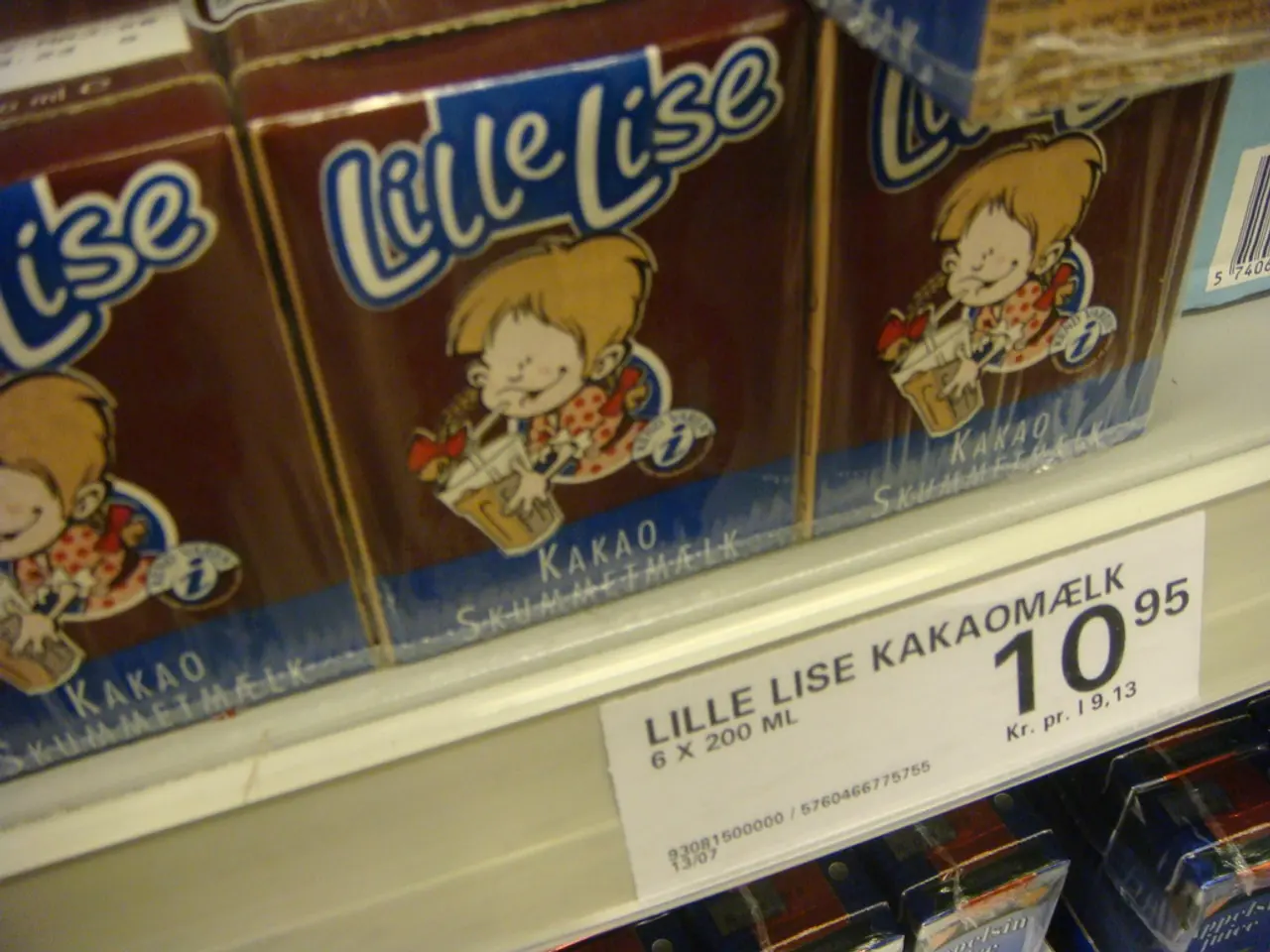Proposed Commission Directive on Standardizing Food Labeling Across Member States
Chancellor Merz Holds Late-Night Consultations with CDU Leadership
After 100 days in office, Chancellor Friedrich Merz convened a meeting with his closest CDU leadership at the Chancellery. The meeting, which lasted until midnight, was held to address the internal party unrest and criticism resulting from Merz's decision to partially suspend arms deliveries to Israel.
The discussions focused on managing the fallout from this policy shift, which had triggered strong backlash due to breaking party and historical consensus on German support for Israel's security. Senior CDU members and conservative MPs felt excluded from the decision-making process, leading to significant anger and unresolved questions within the party.
The consultations also addressed the need to restore cohesion within the CDU, manage internal party bickering, and consider the broader implications of Merz's foreign policy stance, particularly concerning Germany's historical commitments toward Israel. Additionally, the challenge of balancing coalition dynamics, including appeasing junior partners like the Social Democrats, was a key point of discussion.
These consultations followed exchanges among a group of powerful conservative leaders at federal and state levels who expressed anger and many open questions about Merz's approach. The meeting was preceded by a series of discussions with deputy party chiefs and was reported by the "Bild" newspaper.
Furthermore, the consultations addressed the situation and cooperation within the coalition with the SPD. The Chancellor also took the opportunity to discuss public sentiment and prepare for the planned video conferences with US President Donald Trump and others on Wednesday regarding Ukraine.
Attendees included CDU General Secretary Carsten Linnemann, Karin Prien (deputy party chair and Federal Minister of Education), Michael Kretschmer (Minister President of Saxony), Silvia Breher (Agriculture State Secretary), and Karl-Josef Laumann (NRW Health Minister).
Merz regularly meets with his deputy party chairs to discuss various issues and maintain a united front within the party. This meeting marked a significant moment in Merz's leadership as he navigates the complexities of governing and maintaining party unity.
[1] CDU leaders express anger and many open questions about Merz's approach. [2] Senior CDU members and conservative MPs feel excluded from the decision-making process. [3] Debates about Germany’s role in European security, including openness to participating in a peacekeeping mission in Ukraine. [4] Exchanges among a group of powerful conservative leaders at federal and state levels. [5] Skepticism within his party and coalition about Merz's foreign policy stance.
- The consultations between Chancellor Merz and CDU leadership included discussions about the skepticism within his party and coalition about his foreign policy stance, as senior CDU members and conservative MPs felt excluded from the decision-making process.
- CDU leaders, such as General Secretary Carsten Linnemann, Karin Prien, Michael Kretschmer, Silvia Breher, and Karl-Josef Laumann, expressed anger and many open questions about Chancellor Merz's approach, particularly concerning his handling of policy-and-legislation issues like Germany's foreign policy and the ongoing internal party unrest.







